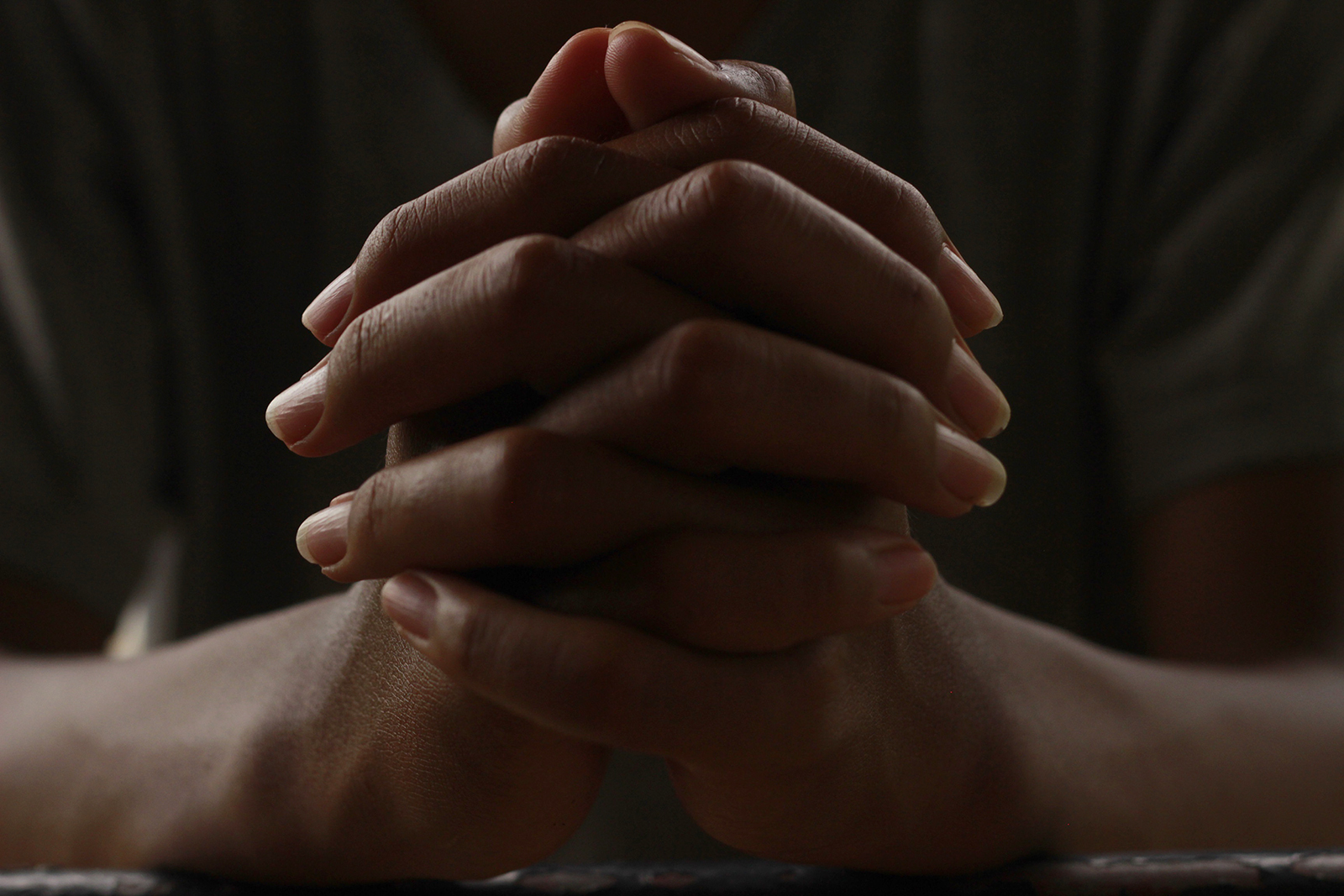
(RNS) — This November, many Christian congregations have been pausing to pray for those who share their faith and are persecuted for it around the world. These prayers are needed, as it is undoubtedly dangerous to be a Christian in many countries, especially where Christianity is a minority faith. Open Door’s World Watch List tracks the worst places to follow Christ, most recently naming Somalia, Eritrea and Nigeria among the top 10, along with Iran, Pakistan and India.
But Christians are not alone. Many different faith traditions are also subject to violent oppression somewhere in the world in what might be called a pandemic of persecution.
The Pew Research Center reports that religious restrictions affect almost two-thirds of people on the planet. China commits genocide against Uyghur Muslims while destroying Tibetan Buddhism and crushing independent churches. Iran goes after Baha’is with a vengeance while arresting evangelical Christian leaders. Boko Haram in Nigeria murders Christians, but also fellow Muslims who dare disagree with Boko Haram’s violent theology. The list could go on.
In response, a new movement is working to inspire Christians to pray and advocate for anyone persecuted for their beliefs.
In late October, Christians gathered at Dallas Baptist University to discuss their responsibility to intercede for others, praying for persecuted Christians and their oppressed non-Christian neighbors. Jesus’ parable of the Good Samaritan, told in the Gospel of Luke, provided the framework for discussion: A traveler attacked and left for dead by bandits on a lonely road is spotted by first one, then another member of the religious establishment, but both “passed by on the other side.” The hero is a Samaritan, a foreigner and a heretic to Jesus’ listeners, who stopped at a risk to his own security, took him to safety and paid two days’ wages to put him up in an inn.
Elevating a Samaritan to the role of hero was a huge twist for first-century Palestine, where religious and ethnic differences were considered an excuse not to help someone in need. Asking no questions about the victim’s beliefs, party affiliation or favorite sports team, the Samaritan took action. Jesus concluded the parable by saying, “Go and do likewise.”
To explore this call and what it means, the conference at Dallas Baptist brought together Christians committed to leading the charge in helping everyone. Cosponsored by Christians Against All Persecution Network and the university’s Institute for Global Engagement, the conference heard from formerly imprisoned Christians Mariam Ibraheem and Andrew Brunson, among other speakers. Open Doors was represented, as were other evangelical organizations involved in advocating for their faith communities, including Christian Solidarity Worldwide, Stefanus Alliance, 21Wilberforce, the Religious Freedom Institute and the Baptist World Alliance.
But importantly, the conference organizers invited non-Christians to talk about the plight of their community. Activists and survivors from Uyghur Muslim, Yazidi and Baha’i groups spoke about their co-religionists’ suffering in China, Iraq and Iran. After hearing from these speakers, the conference paused to pray that those in danger would receive protection and rescue. Theological debates were set aside out of a concern for human suffering.
The conference in Dallas was the start of a new beginning to inspire Christ followers to become vocal advocates for our own and the rights of everyone everywhere. It was an important first step, and hopefully more of this kind of consciousness-raising will follow. Those facing persecution need Christians to speak up, working across faith and theological lines for those living in danger everywhere. These modern-day “least of these,” locked in forgotten prisons or attacked for their beliefs, need prayer and advocacy as much as followers of Jesus Christ.
(Knox Thames is a former diplomat who served in the Obama and Trump administrations as a special envoy for religious minorities in the Middle East and South Asia and the author of “Ending Persecution: Charting the Path to Global Religious Freedom.” The views expressed in this commentary do not necessarily reflect those of Religion News Service.)
